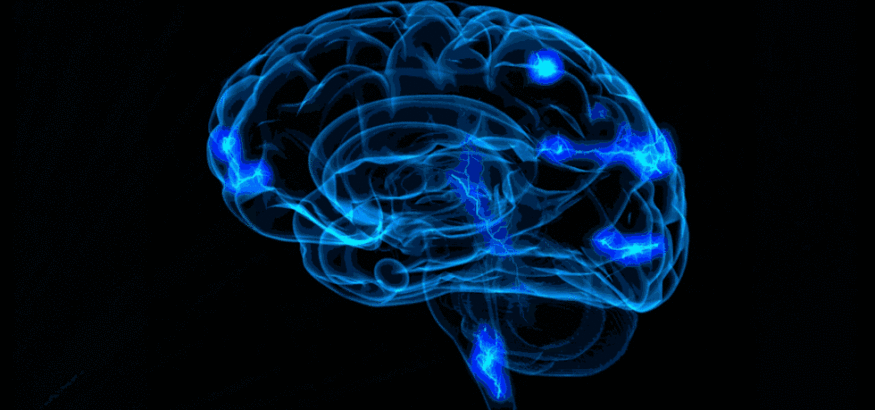We at DSM Solutions are here to stay up to date on the latest medical findings related to sleep apnea so that you can be an informed an effective dentist at treating it and related disorders. New findings by medical researchers that have been able to pinpoint a particular style of neural circuitry that arouses mice brains simulating sleep apnea conditions. These findings could result in new methods and medicines that assist patients with obstructive sleep apnea in increasing the amount of sleep they can get at night.
Because of the breathing cycle that takes place and the changes in the oxygen and carbon dioxide levels in the blood, the brain provides an alert to the person sleeping right in time to re-establish their breathing. This cycle repeats itself multiple times during the night, so the person with sleep apnea is prevented from getting the necessary deep sleep that they need. They often have no memory this by the morning time.
Saper, a Professor of Neurology and Neuroscience at Harvard Medical School stated that “If we could keep the brain from waking up during sleep apneas episodes and only activate that one part of the brain that open up the airways, those with sleep apnea would be able to get a good night’s sleep.”
After additional experiments were made, Saper and colleagues concluded that there needs to be a drug that has the ability to reduce the wake-up responses while altering the opening of the airways during the process. The intent is to prevent people with sleep apnea from waking up during the night so that they will be fully rested by morning. The Drs. Greenman and the rest of the team hope developments and further tests can be conducted so that you as a sleep apnea dentist can eventually provide patients the even more accessible form of relief they deserve.

